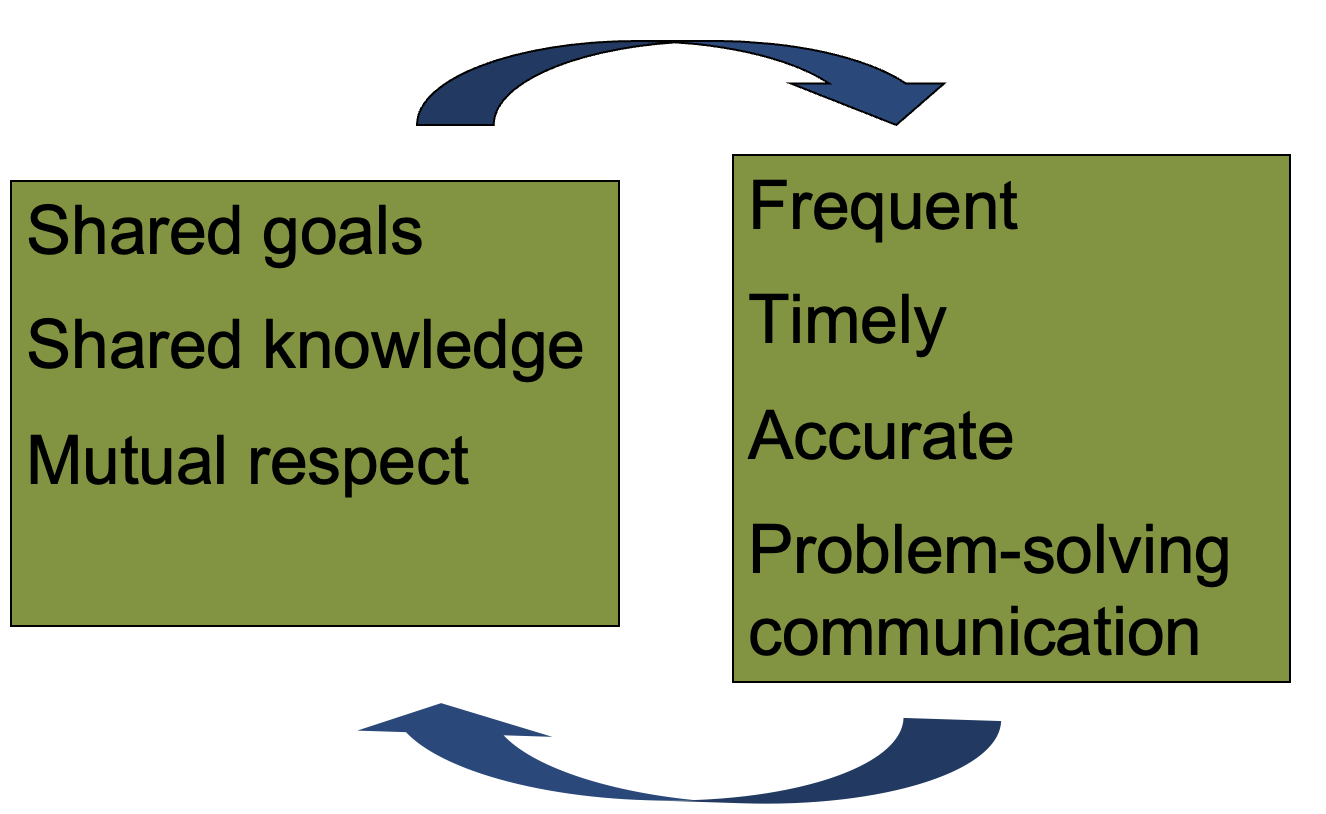The Roundtable is the keystone event of the Relational Coordination Collaborative. It is a highly interactive annual event that brings community members and friends together to share their work and learn from each other, through interactive presentations, keynote speakers, professional development workshops, and informal engagement that help participants develop their knowledge and networks, and move their knowledge into action. The Roundtable is hosted each Fall in different locations for members to submit their work to a peer-reviewed process, then share their work. It is an event to build new relationships and renew existing ones.
The Roundtable will be hosted at UC Berkeley this coming November 8-9 by colleagues Steve Shortell, Amanda Brewster and Hector Rodriguez – see here for details!
Participant Feedback on Roundtable 2023
“One of the most unique aspects I noticed about the folks in this Collaborative and at this conference is that they walk their talk. People are authentic and free of pretense. The sincerity and ease of personal vulnerability are obvious and inspire trust, truly a learning environment. I am very grateful to all who worked to make this experience possible, and can't wait for the next Roundtable.”
“It was an honor to present my work to colleagues and learn about their work. This was such a good opportunity to step back and reflect, gather new insights, and make connections about the many projects I'm involved in these days.”
"This was a really well-timed weekend for me. i had to do a lot of organizing of my own thoughts with regards to leadership and change management going on in my home practice. I greatly appreciated input from others attending the conference including experts in organizational development and leading change. The informal and formal conversations set me up to present myself well in a variety of meetings and interviews that i had the following week. This was an unanticipated benefit."
"I loved sharing my work with other people who value relational cultures, and to get their feedback and ideas about my work."
"I was able to do a deeper dive into how relational coordination can be applied in varied contexts and sectors."
"My goal was to connect with both well-established and more junior folks doing work in the RC space, and I made some fantastic relationships that I know will continue to help me in my work looking ahead."
"It surpassed my expectations - I learned so much about the ways RC is being integrated and the interesting research that is happening. It also helped me to think about additional ways we could be integrating RC into our work with some of our clients and how relational leadership aligns so beautifully."
Relational Coordination Is...
Relational coordination is a mutually reinforcing process of communicating and relating for the purpose of task integration. Relational coordination is shaped by organizational structures and, when strong, it supports organizations in achieving a wide range of desired performance outcomes including quality, safety, efficiency, financial outcomes, well-being, learning and innovation. Relational coordination is particularly important for achieving these outcomes when work is highly interdependent, uncertain and time constrained, whether in times of crisis or everyday stress.
Relational coordination is measured as a network of ties across roles in any work process that requires coordination. Its outcomes and predictors have been tested in 73 industry sectors and 36 countries. See Revisiting Relational Coordination: A Systematic Review.
What is the RCC?
RCC's mission is to transform relationships for high performance by helping organizations to build shared goals, shared knowledge and mutual respect across boundaries. We were founded at Brandeis University in 2011 by Professor Jody Hoffer Gittell to bring research and practice together, in partnership with students and colleagues at Brandeis and around the world. We connect researchers and practitioners in an innovative, collaborative setting to develop and test new models of change. Together we help organizations transform the relational dynamics underlying their work processes and redesign their structures to support and sustain the new dynamics.

